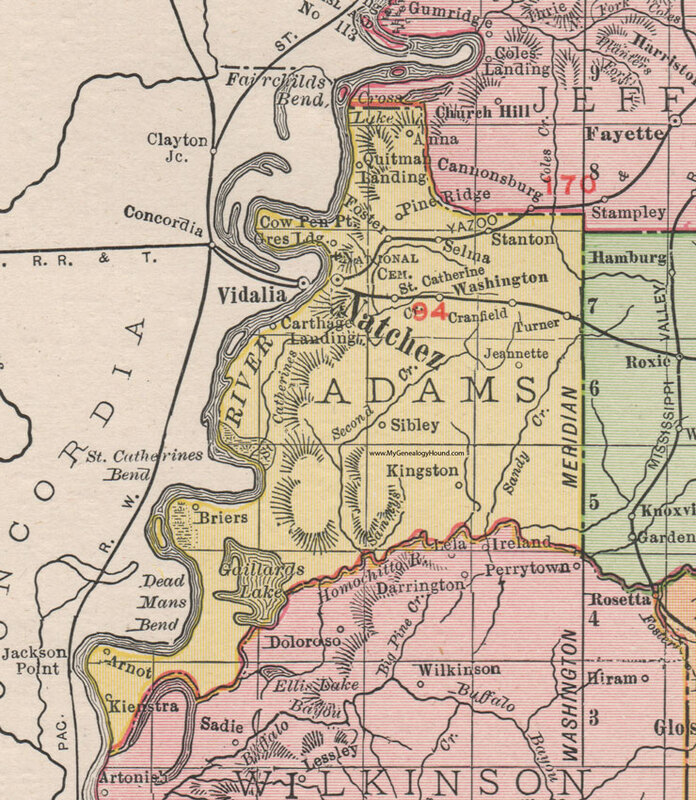The Case of Patrick Fitzgerald
In November of 1856, Patrick Fitzgerald was convicted of murder in the Adams County, Mississippi Circuit Court. He was scheduled to be hanged in December. Apparently, Judge Posey, who adjudicated the case, had some scathing words to say about Mr. Fitzgerald. The judge thought that Mr. Fitzgerald had murdered with impunity. He also insinuated that Mr. Fitzgerald had no friends, which was regrettful. Judge Posey also felt that this case should serve as a warning to others who planned to carry concealed weapons. According to the reporter for the Vicksburg Daily Whig, Fitzgerald appeared the same as he had before in court. Fitzgerald did not testify on his own behalf during the sentencing.
Mississippi Governor John McRae granted a reprieve for the execution of Patrick Fitzgerald. Sentenced to be hanged in December of 1856, the governor extended the time period for it until February of 1857.
John Nevett Letter to Governor J.J. Pettus - February 12th, 1862
It appears that John Nevett is lawyer, who is writing on behalf of convicted murderer Patrick Fitzgerald. According to this letter here is what happened - Mr. Fitzgerald got intoxicated, got into a fight with another man (and possibly that man’s brother), and during the fight Mr. Fitzgerald stabbed the man and killed him. The facts of this murder are not disputed in Mr. Nevett's letter. Mr. Fitzgerald was brought to trial and was sentenced to hang for the murder. He was in prison awaiting his death sentence, when his lawyers appealed to pre-Civil War Governor John McRae for clemency, asking if the governor would commute the death sentence. The letter suggests that Gov. McRae did not believe he had the power to grant clemency or commute the death sentence. He did grant Mr. Fitzgerald a repreive from execution. This reprieve was still in place in 1862, five years after the conviction. Gov. McRae had referred the matter to the Mississippi Legislature, and in the meantime Patrick Fitzgerald remained imprisoned.
The Civil War broke out, but nevertheless John Nevett continued to pursue Fitzgerald’s case. In the letter, Nevett made a legal argument why the current Governor John Pettus should consider granting clemency. Nevett argued that there was a witness to the fight, who could have testified on Fitzgerald’s behalf, but was bribed into not appearing at the trial. This witness, by the name of Burns, heard about the death sentence and afterwards was brought to Natchez to record a deposition. Burn’s deposition was reported to have been submitted to the Mississippi state legislature. The deposition implied that the man who Fitzgerald killed, and this man’s brother, had both reportedly struck Fitzgerald first during the fight. Nevett argued that if Burns had testified at the original trial, then Patrick Fitzgerald would have been eligible and considered for either a self-defense or a manslaughter charge. Thus, he would not have been sentenced to death. Nevett requested clemency from Gov. Pettus and requested that Fitzgerald be released from prison with time served.
It is an interesting case, for sure! The scant sources assembled here make us want to know more about this murder in Mississippi. Who was the victim and the victim's brother? Where did the murder take place - was it in or near Natchez? What are the circumstances surrounding the confrontation? What happened at the trial? Why did the witness Burns not testify, but give a deposition after the fact? Who had the legal status to overturn the conviction – the legislature or the executive? And, most interesting of all, what ultimately happened to Patrick Fitzgerald? Did he live out his life in prison, was he eventually released, or did he ultimately get executed?





